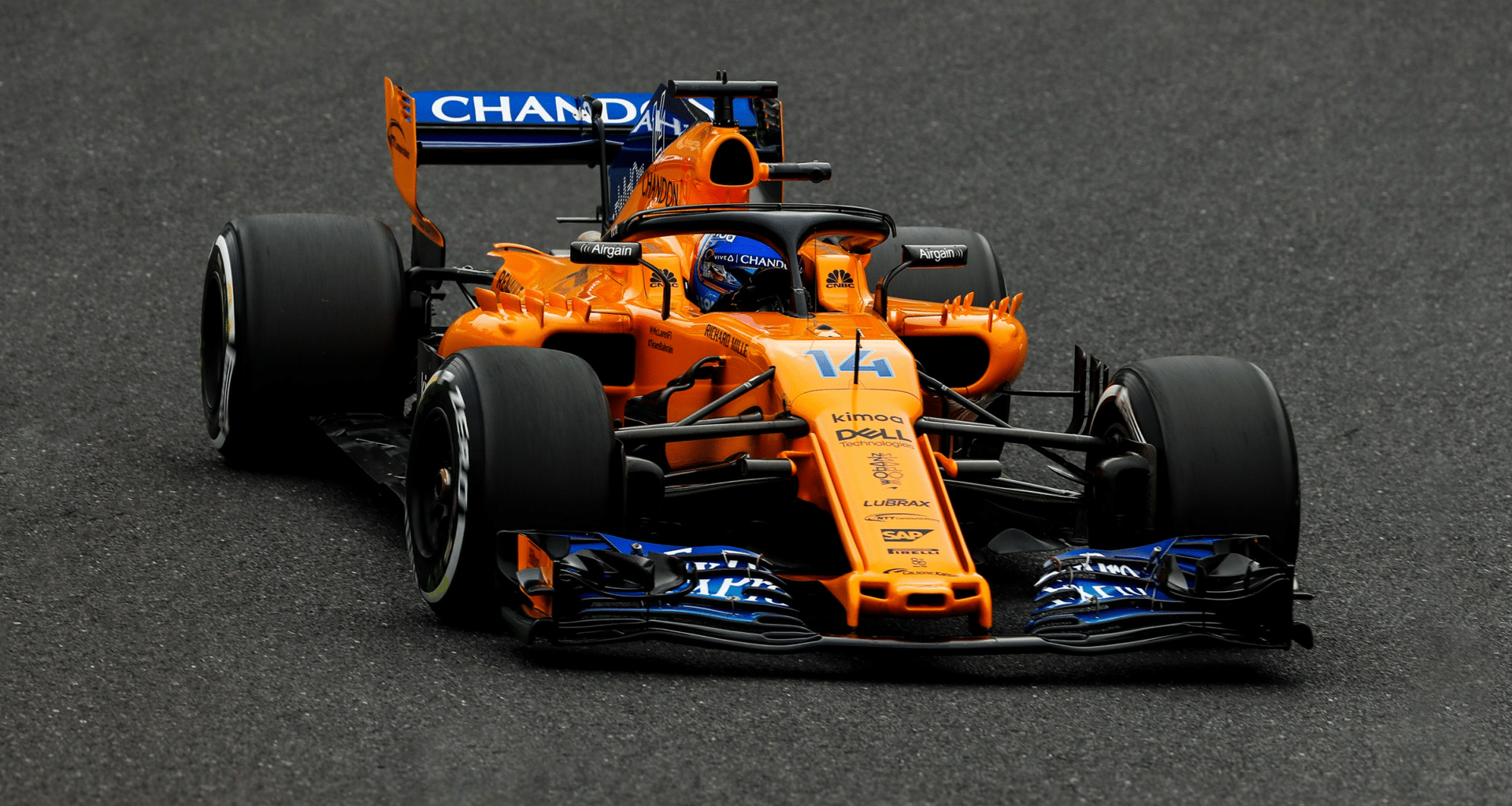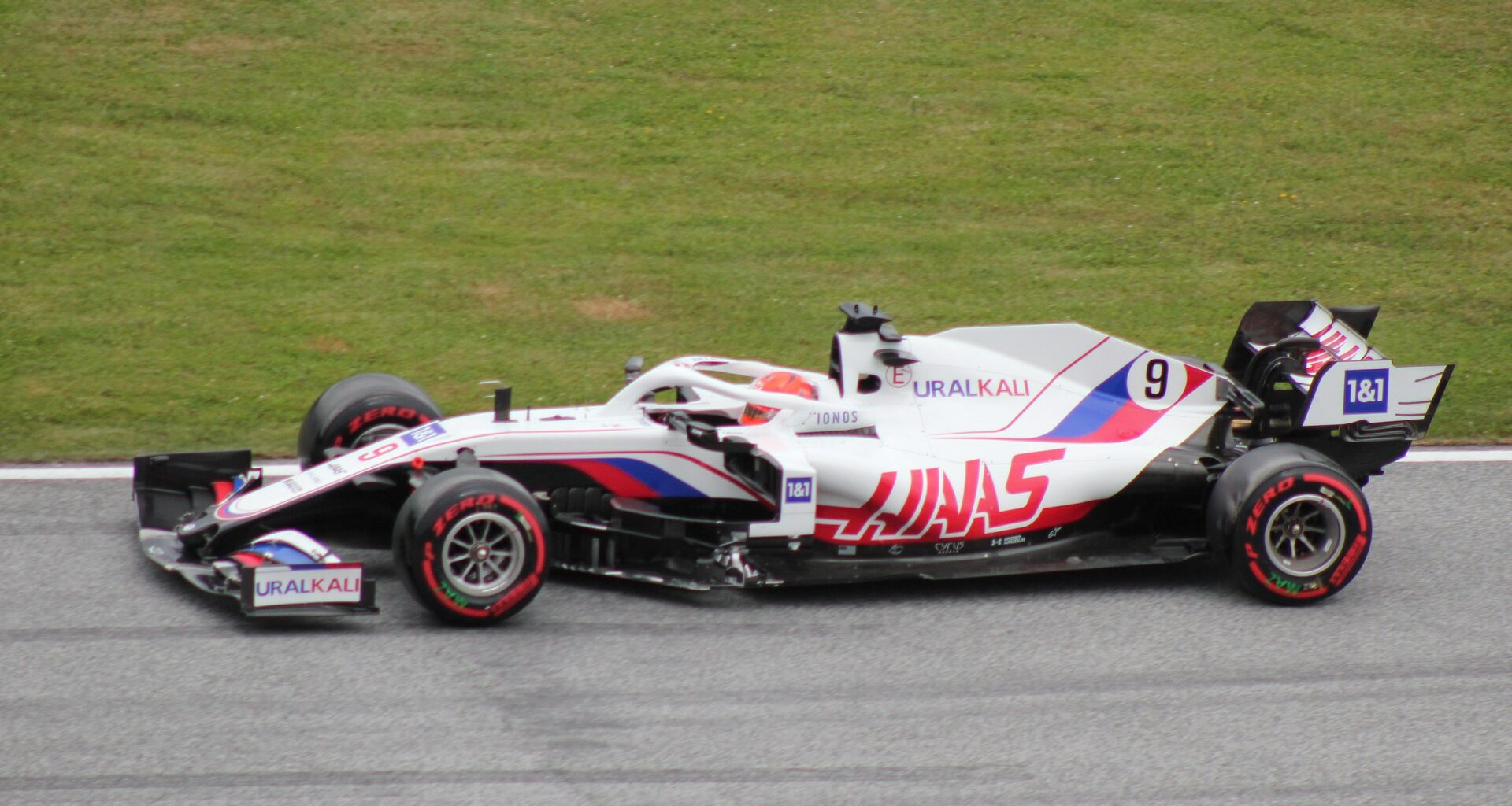Max Verstappen holds the record for the most consecutive wins in Formula 1, achieving 10 wins in a row in 2023. This remarkable feat places him at the top of the list for the most consecutive wins by a driver in F1 history.
Table of Contents
Legendary Drivers with Most F1 Wins in a Row
It takes a truly extraordinary skill set and unwavering determination to achieve multiple F1 wins in a row
Here are the drivers with the most Formula 1 wins in a row:
- Max Verstappen: 10 Consecutive wins in 2023, Miami GP 2023 – Italian GP 2023
- Sebastian Vettel: 9 consecutive wins in 2013
- Max Verstappen: 9 Consecutive wins in 2023-2024, Japanese GP 2023 – Saudi Arabian Grand Prix 2024(This streak is currently ongoing)
- Alberto Ascari: 7 consecutive wins between 1952-1953
- Michael Schumacher: 7 consecutive wins in 2004, tied with Nico Rosberg.
- Nico Rosberg: 7 consecutive wins between 2015-2016
- Michael Schumacher: 6 consecutive wins between 2000-2001
- Several drivers with 5 consecutive wins: Jack Brabham, Jim Clark, Nigel Mansell, Michael Schumacher, and Lewis Hamilton (2x times)
These incredible drivers have not only achieved multiple F1 wins in a row but also left an indelible mark on the racing world with their performances.

Memorable F1 Winning Streaks in History
Throughout the years, many unforgettable winning streaks have been etched into Formula 1 history books.
Some of these include:

Max Verstappen’s 10-win streak (2023)
Between the Miami Grand Prix and the Italian Grand Prix in 2023, Sebastian Vettel set a new record for the most victories in a single season in Formula One, this amazing acomplishment is still running, he could add another one in Singapore.

Sebastian Vettel’s 9-win streak (2013)
Between the Belgian Grand Prix and the Brazilian Grand Prix in 2013, Sebastian Vettel set a new record for the most victories in a single season in Formula One, which is still in use today.

Max Verstappen’s 9-win streak (2023-2024)
Between the Japanese Grand Prix 2023 and the Saudi Arabian Grand Prix 2024, Verstappen has won 9 Grand Prix in a row, and this streak is not over yet (This streak is currently ongoing)

Alberto Ascari’s 7-win streak (1952-1953)
In the early years of Formula 1, Ascari dominated the field with his 7 consecutive victories after beginning his career in Grand Prix racing in 1940.

Michael Schumacher’s 7-win streak (2004)
Schumacher furthered cemented his reputation as an F1 icon by winning 7 straight Grands Prix.
These fantastic winning streaks represent the pinnacle of F1 racing performance and inspire future generations of racers to strive for greatness.
Factors Contributing to Multiple F1 Wins in a Row
Several factors contribute to a driver’s ability to win multiple Formula 1 races in a row.
These key factors include:
- Driver skill and experience: A seasoned driver with remarkable talent, accuracy, and bravery can adjust to changing track conditions, manage them, and take advantage of opportunities to pass rivals.
- Reliable cars and engines: Drivers may concentrate on race strategy and the fight for pole position while operating high-performance cars with dependable engines.
- Successful team strategy and coordination: A driver can gain the advantage in a closely contested race by using a well-implemented team strategy that includes precise pit stops, tire management, and fuel levels.
When these factors align, drivers can thrive and secure a place in racing history with multiple F1 wins in a row.
Role of Teams and Constructors in F1 Winning Streaks
Every successful F1 driver has a great team and constructor behind them.
Consistent race success is dependent on strong collaboration and a strong engineering basis, which increases the likelihood of a winning streak.
Legendary drivers now have the equipment necessary to compete at the greatest level thanks to manufacturers like Ferrari, Mercedes, and Red Bull, who are also pushing the limits of innovation and engineering in the sport.
Cooperation among drivers, engineers, and crews enables ongoing development and improvement, improving vehicle performance and spotting chances to outperform competitors.
In order to consistently win in Formula One, drivers and their teams must work together effectively.
Impact of Rule Changes on F1 Winning Streaks
Over the years, Formula 1 has undergone numerous rule changes aimed at improving safety, leveling the playing field, and enhancing the competitiveness of the sport.
The introduction of hybrid engines, tire restrictions, and aerodynamic regulations have all contributed to shaping the modern era of F1 racing.
These changes can impact the length and frequency of winning streaks as teams and drivers adapt to the new rules and regulations.
While some rule changes may enhance the competitive balance of the sport, they can make it increasingly difficult for drivers to achieve lengthy winning streaks.
The dynamic and unpredictable nature of Formula 1 racing means that future prospects for breaking winning streak records should never be underestimated, and with races being added to the calendar every year, there is more opportunities now than ever before.
Records Shattered by Drivers with Most F1 Wins in a Row
Many of the F1 drivers who won multiple races in a row also broke records and raised the bar for performance in the sport.
These Formula 1 icons have irreplaceably impacted the sport’s history, leaving their imprint on everything from overall championship crowns to overall race wins and pole positions.
Also, the emergence of fresh talent like Max Verstappen and Lewis Hamilton’s ongoing success contribute to maintaining Formula 1’s intense competition and long-standing tradition of setting records.
The record for the most consecutive victories in Formula One is presently nine, but it’s still possible that a rookie or a seasoned driver may surpass this amazing performance.





